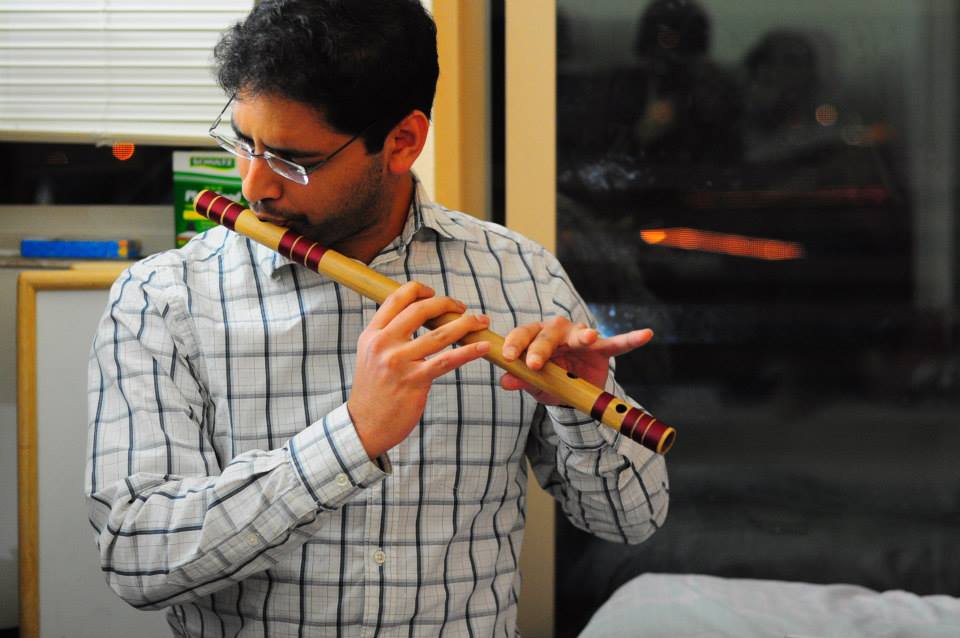Grand Challenges Exploration Grant of $100,000 Bagged by IISc Assistant Professor
One of the key failures of local testing is due to the fact the sample drawing, patient data, test results are either recorded on paper-based systems or not recorded at all.

In 2003, the Bill & Melinda Gates Foundation launched Grand Challenges in Global Health, which focuses on 14 major scientific challenges that, if solved, could lead to key advances in preventing, treating, and curing diseases of the developing world.
Doing us all proud and winning the Grand Challenges Exploration grant of $100,000 is Bhushan J Toley, an assistant professor at the Indian Institute of Science (IISc) in the chemical engineering department.
He has won this grant for the development of a new technology that could improve the diagnosis and monitoring of infectious diseases in remote areas.

Photo Source
One of the key failures of local testing is due to the fact the sample drawing, patient data, test results are either recorded on paper-based systems or not recorded at all.
As a result, it is difficult to monitor the effectiveness of local testing thus preventing an actionable review.
“The grant that I have been awarded is for the development of a new technology that could help dry and stabilise sputum, urine, or blood samples collected in rural and remote locations so that they can be stored for a long period of time (of the order of weeks).”
“The dried samples can then be transported and used for DNA or RNA analysis in a laboratory for the detection of infectious diseases such as tuberculosis. This technology could improve the diagnosis and monitoring of infectious diseases in the remote locations of the world,” as reported in Bangalore Mirror.
The foundation release stated, “Sputum, urine, and blood contain the DNA of infectious agents that can be used to diagnose diseases to aid treatment and help prevent spread. Diagnosis is generally performed in specialized laboratories, but the DNA can be damaged during transport from remote locations due to the length of time it takes or exposure to high temperature.
Drying the samples would help protect the DNA, but this requires a sterile method that can handle larger volumes of multiple types of specimens.
They will develop a device incorporating microfluidics for spreading out large-volume samples onto a porous paper membrane for rapid drying. They will test various agents for coating the membrane to stabilize the DNA and keep it sterile. They will optimize the design and test its ability to detect tuberculosis in clinical sputum specimens from infected patients,”
Bhushan said that the technology is at a very early stage. “However, the idea is novel and has not been used for sample collection before.” He added that IISc had filed a provisional patent application to protect it and in the next one year, they plan to file a full patent application.
Like this story? Or have something to share?
Write to us: [email protected]
Connect with us on Facebook and Twitter.
NEW: Click here to get positive news on WhatsApp!
If you found our stories insightful, informative, or even just enjoyable, we invite you to consider making a voluntary payment to support the work we do at The Better India. Your contribution helps us continue producing quality content that educates, inspires, and drives positive change.
Choose one of the payment options below for your contribution-
By paying for the stories you value, you directly contribute to sustaining our efforts focused on making a difference in the world. Together, let’s ensure that impactful stories continue to be told and shared, enriching lives and communities alike.
Thank you for your support. Here are some frequently asked questions you might find helpful to know why you are contributing?


This story made me
-
97
-
121
-
89
-
167













